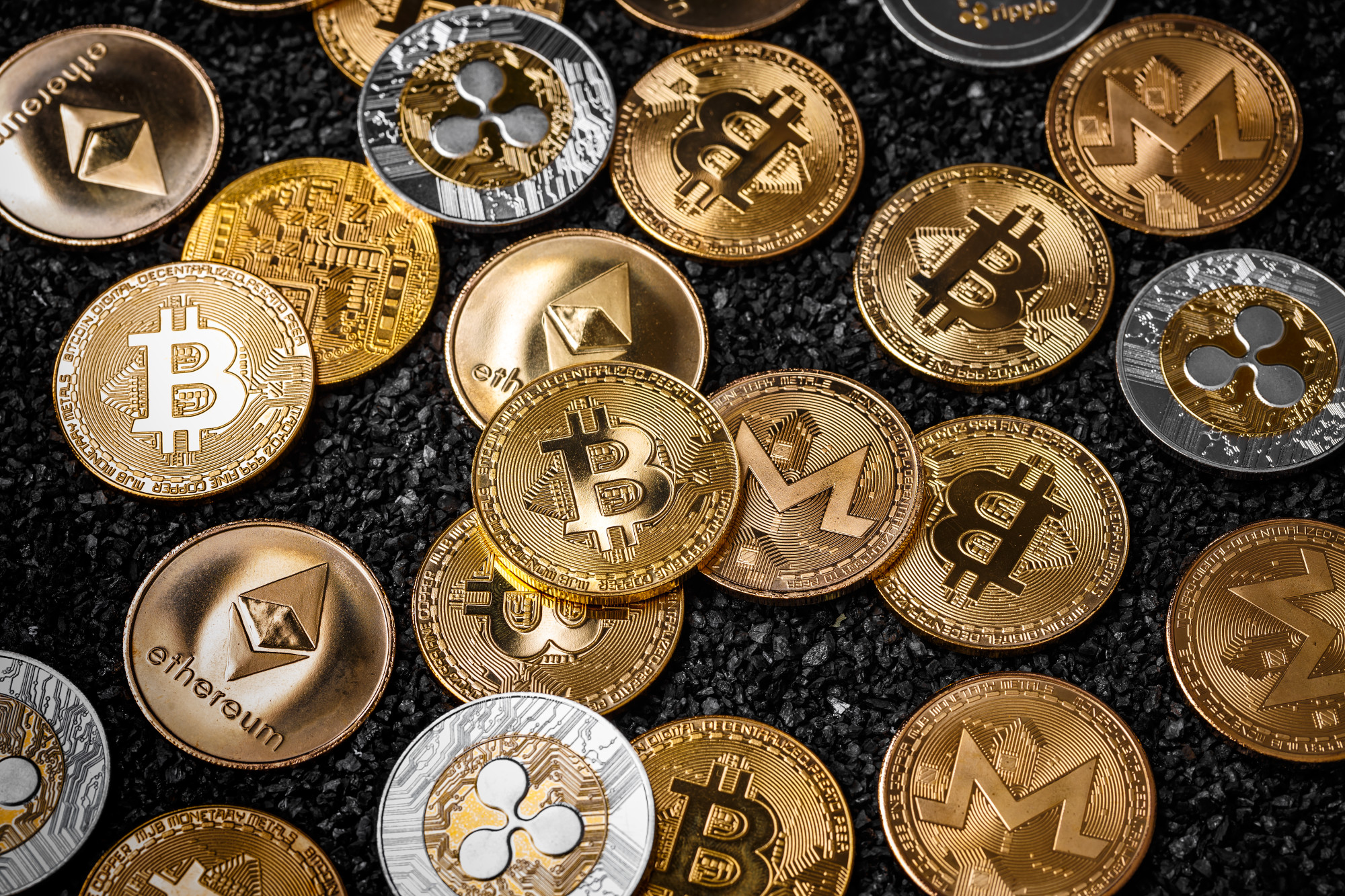Pi network cryptocurrency
Pi is mined in the Pi Network app, and the mining process only requires that you tap a button on your phone every 24 hours. It’s technically not crypto mining since there’s no mining going on where did golden retrievers originate. You’re not verifying transactions, at least at the current stage of development. In reality, you’re receiving PI coin vouchers for using the app once per day and proving you’re not a robot.
That said, the Pi coin currently has no value. The trading conducted on many platforms is really just of IOUs or speculative promises rather than the underlying PI. These trades are speculation about what the future price of a coin will be once fully tradable.
Moreover, very little data usage and battery power are used up during the mining process. Instead of investing money upfront, users on the network can earn Pi coins by just referring others to the network or running their own node on their computer.
Your Pi is stored in the app. You can’t withdraw it, sell it, or exchange it for other cryptocurrencies. According to the Pi Network website, you’ll be able to do all that in the third phase of its roadmap when the mainnet launches, although there’s no estimated launch date.
It’s worth noting that the Pi Network app can collect and sell your data, including personal data, app usage data, and advertising-related data. Additionally, the Pi Network requires that you give them your “Know Your Customer” (KYC) information such as copies of your government-issued identification before you will be able to buy, sell, or trade anything from the future apps that will be released on the Pi Network. If you prefer to limit who can access your data, then you probably wouldn’t want to download Pi Network.
Cryptocurrency shiba inu
In January 2023, the Shiba Inu community leadership introduced Shibarium, a layer two blockchain designed to run on top of Ethereum. This update was released to reduce congestion, introduce staking into the ecosystem, lower gas fees, and provide a framework for decentralized applications and Web 3 expansion.
These BONE tokens are both generated by and used in DeFi on the ShibaSwap DEX. Although BONE wasn’t intended to be a governance token, that’s how the community has been using it at the time of writing.

In January 2023, the Shiba Inu community leadership introduced Shibarium, a layer two blockchain designed to run on top of Ethereum. This update was released to reduce congestion, introduce staking into the ecosystem, lower gas fees, and provide a framework for decentralized applications and Web 3 expansion.
These BONE tokens are both generated by and used in DeFi on the ShibaSwap DEX. Although BONE wasn’t intended to be a governance token, that’s how the community has been using it at the time of writing.
ShibaSwap, as a DEX, also has liquidity pools called DIG. These incentivize users by way of fees and reward tokens to deposit pairs of coins that others can use for trading, a common mechanism by which DEXes replace traditional order books.
As of June 2022, around 549 trillion SHIB were in circulation. There were 1 quadrillion SHIB tokens in existence at launch, but 50% of that was sent to Vitalik Buterin, who burned most of it and donated the rest.
Top cryptocurrency
A distributed ledger is a database with no central administrator that is maintained by a network of nodes. In permissionless distributed ledgers, anyone is able to join the network and operate a node. In permissioned distributed ledgers, the ability to operate a node is reserved for a pre-approved group of entities.
Play-to-earn (P2E) games, also known as GameFi, has emerged as an extremely popular category in the crypto space. It combines non-fungible tokens (NFT), in-game crypto tokens, decentralized finance (DeFi) elements and sometimes even metaverse applications. Players have an opportunity to generate revenue by giving their time (and sometimes capital) and playing these games.
Buying cryptocurrency doesn’t grant you ownership over anything except the token itself; it’s more like exchanging one form of currency for another. If the crypto loses its value, you won’t receive anything after the fact.

A distributed ledger is a database with no central administrator that is maintained by a network of nodes. In permissionless distributed ledgers, anyone is able to join the network and operate a node. In permissioned distributed ledgers, the ability to operate a node is reserved for a pre-approved group of entities.
Play-to-earn (P2E) games, also known as GameFi, has emerged as an extremely popular category in the crypto space. It combines non-fungible tokens (NFT), in-game crypto tokens, decentralized finance (DeFi) elements and sometimes even metaverse applications. Players have an opportunity to generate revenue by giving their time (and sometimes capital) and playing these games.
Buying cryptocurrency doesn’t grant you ownership over anything except the token itself; it’s more like exchanging one form of currency for another. If the crypto loses its value, you won’t receive anything after the fact.
